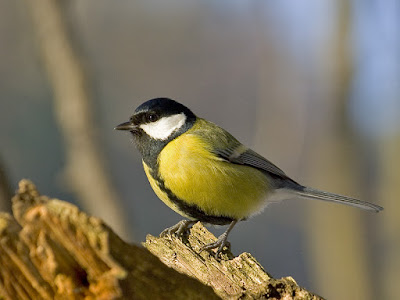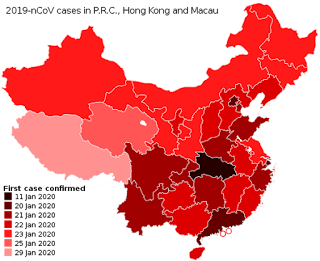Pangolins Lack Sensor that Initiates Innate Immune Defense again Coronavirus Infection
While scaly creatures known as pangolins can be carriers of coronavirus, they may be able to tolerate it through some other unknown mechanism according to a recently published study in the journal "Frontiers in Immunology". The news concerning these exotic animals was shared today, May 8, in a press release from Medical University of Vienna.
"The transmission of pathogens from other vertebrate animals to humans is of particular concern because the resulting diseases, known as zoonoses, have caused major epidemics in the past and continue to pose enormous threats to the human population," the authors state in the journal.
The pangolins in particular, the statement says, "lack two sensors that detect when a virus enters the body and trigger a sometimes dangerously excessive immune response in other mammals. Understanding how pangolins are able to survive coronavirus infections could help in the development of new treatment options for humans."
Similar to how a smoke detector sets off a sprinkler system, certain genes sense when a virus enters the body and trigger an immune response in most mammals, the statement explains.
This finding is significant because, while pangolins can be carriers of coronavirus and lack components of the conventional defense against it, they offset this by some other mechanism. This could be the smoking gun for biomedical researchers.
The authors write in the journal that by coping with viral infections, "vertebrate species have evolved response strategies" of resistance and tolerance.
"Resistance depends on the efficient sensing of the infection and mounting of antiviral responses that involve programmed death of infected cells, suppression of viral replication, inflammation and the establishment of adaptive immunity. However, pathogens can also trigger overreactions of the immune system which cause more harm to the individual than the infectious agent itself. Therefore, tolerance to infections has evolved as an alternative response of many hosts to specific pathogens," the authors write.
Could be source of transmission to humans
Researchers focused on pangolins because they are suspected of being intermediate hosts to SARS-CoV-2, before the virus was transmitted to humans, ultimately giving rise to the COVID-19 pandemic. Bats have also been identified as possible hosts of the novel coronavirus, widely reported in the media.
To identify differences in antiviral defense the researchers analyzed the gene sequences of pangolins available in databases and compared them with those of other mammals including humans, cats, dogs and bats. These studies were carried out by genome researchers at the Center for Anatomy and Cell Biology and at the Department of Dermatology at the Medical University of Vienna.
"Our work shows that pangolins have survived through millions of years of evolution without a form of antiviral defense that is used by other mammals," says study coauthor Leopold Eckhart from the Department of Dermatology at the Medical University of Vienna. "Further studies of pangolins will uncover how they manage to survive viral infections, and this might help to devise new treatment strategies for people with viral infections."
In humans coronavirus can cause an inflammatory immune response called a cytokine storm, which then worsens outcomes. The authors suggest that pharmaceutical suppression of excessive immune responses could be a potential option for treating the most dire cases of COVID-19. "Our findings from basic research indicate that an overactivated immune system can be moderated by reducing the intensity or changing the timing of the defense reaction. We suspect that the pangolin has found a mechanism that enables it to tolerate viral infections, preventing a harmful immune response while still controlling the virus in an, as yet, unknown way," explains Eckhart,.
The study is published in Frontiers in Immunology:
Pangolins Lack IFIH1/MDA5, a Cytoplasmic RNA Sensor That Initiates Innate Immune Defense Upon Coronavirus Infection
Heinz Fischer, Erwin Tschachler, Leopold Eckhart
DOI: 10.3389/fimmu.2020.00939



Comments
Post a Comment